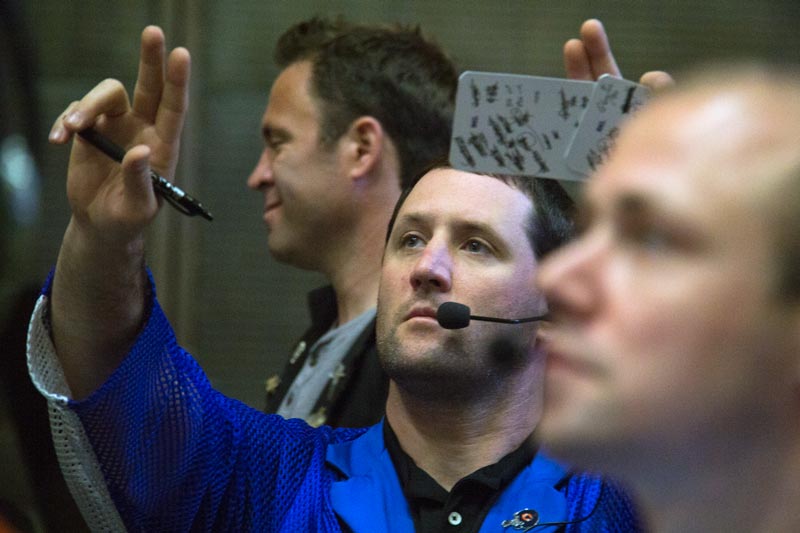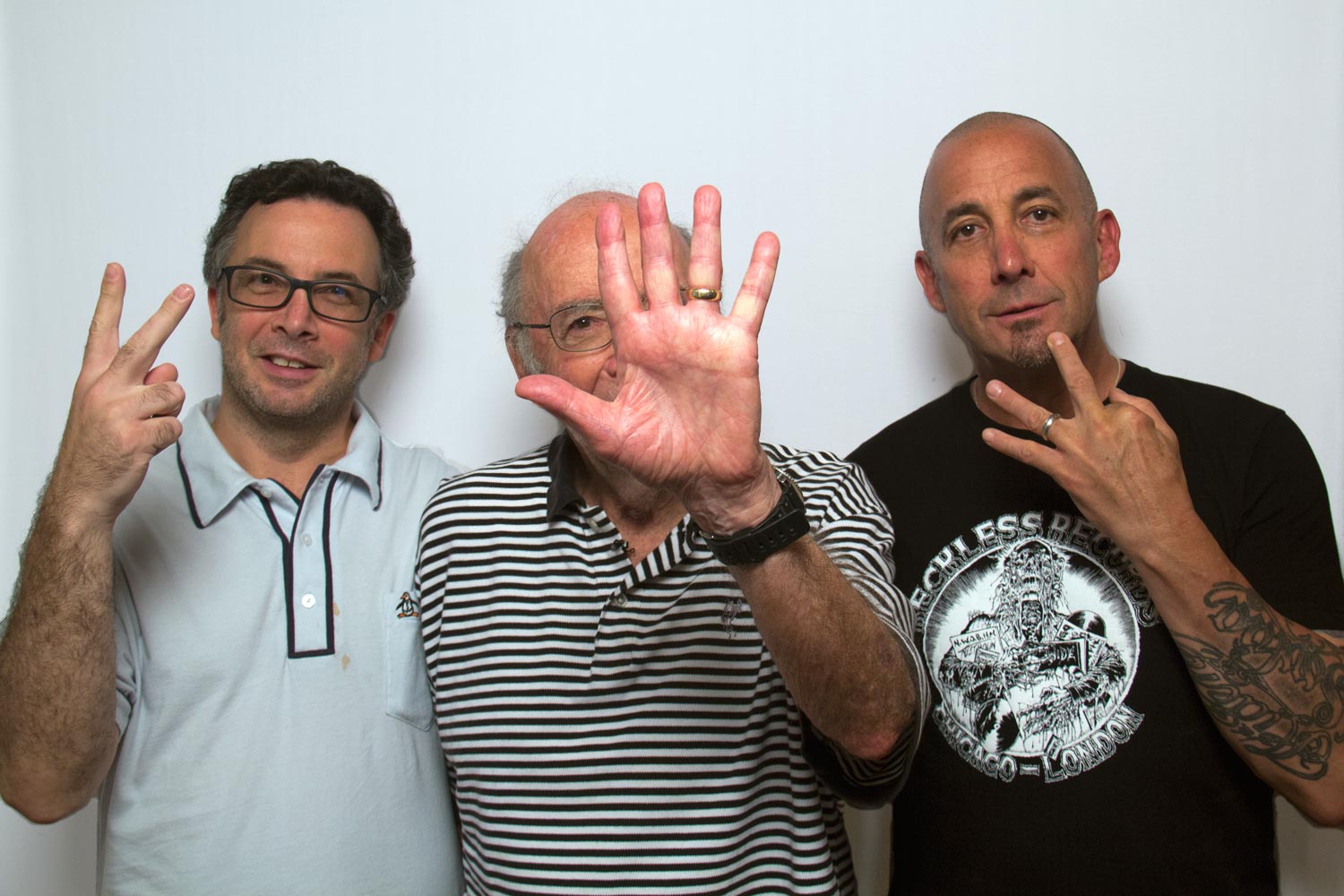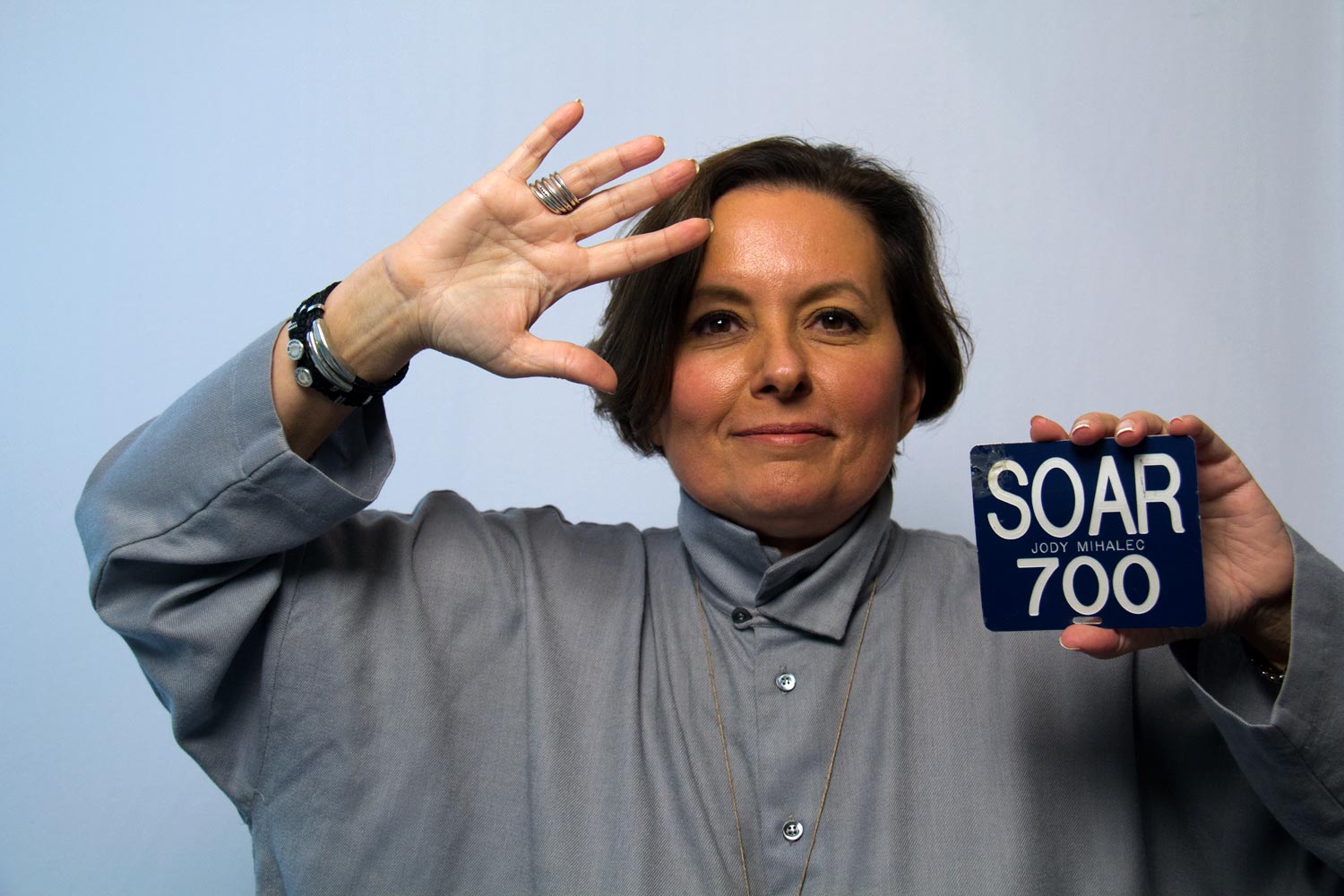When Peter “Zap” Chelemengos started as a runner at the Chicago Mercantile Exchange in the mid-1970s, the venerated trading floor had just begun to offer more complicated financial instruments in addition to its classic commodities.
Chelemengos traded gold and S&P 500 futures at the Merc for more than 30 years. He says that open outcry trading helped working-class kids like him become wealthy in a way few other professions could.





